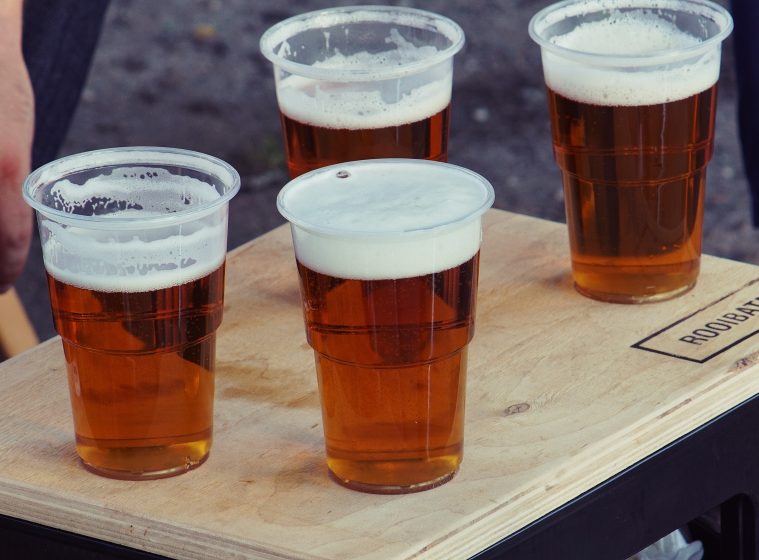
It’s Friday afternoon. You’re sitting at work, and you’re probably looking forward to going out and having a few drinks with friends to relax and wind down. Even though you may think you deserve to go out and have a few drinks, there are some things that you should certainly keep in mind.
Most days you’re probably going to get your daily workout in or fit in a trip to the gym, so a few drinks won’t really hurt anything, right? A few drinks? Probably not. But when a few becomes a few more, or a responsible amount becomes into excess, it isn’t quite the same story.
Research has proven that even small amounts of alcohol can increase muscular endurance and the output of strength for a very brief period of time. After twenty minutes or so, those perks disappear, and the negative side effects will quickly outweigh the benefits. When used irresponsibly, alcohol becomes a poison to your body.
Alcohol can reduce your strength, endurance, aerobic capability, recovery time, ability to metabolize fat, and even your muscle growth. It can also have serious effects on your nervous system and brain. If you drink excessively for a long period of time, you can cause severe deterioration of your central nervous system. Even with short term use, nerve muscle interaction can be reduced, resulting in a loss of strength.
Once a surplus of alcohol reaches the blood cells, it can very easily damage them. Inflammation of the muscle cells is a very common thing in regular drinkers and alcoholics. Over time, the damaged cells will die, resulting in less functional muscle contractions. Drinking alcohol will also leave you with more soreness of your muscles after you exercise, meaning it’ll take a lot longer to recuperate.
Alcohol will also have many different effects on your heart and circulatory system as well. When you drink any type of alcohol, you may begin to see a reduction in your endurance capabilities. Anytime you drink, your heat loss will increase due to the alcohol simulating your blood vessels to dilate. The loss in heat can cause your muscles to become cold, making your muscle contractions slower and weaker.
Drinking alcohol can also lead to digestive and nutrition problems as well. Alcohol causes a release of insulin that will increase the metabolism of glycogen, which spares fat and makes the loss of fat very hard. Due to alcohol interfering with the absorption of multiple key nutrients, you can also become anemic and deficient in B vitamins.
Because your liver is the organ that detoxifies alcohol, the more you drink, the harder your liver has to work. The extra stress alcohol places on your liver can cause serious damage and even destroy some of your liver cells.
Since alcohol is diuretic, drinking large amounts can put a lot of stress on your kidneys as well. During diuretic action, the hormones are secreted. This can lead to heightened water retention.
All in all, when you drink, do so in moderation. And never drink before you exercise, as this will impair your balance, coordination, and judgement. Think about your health and how you exercise- and you may begin to look at things from a whole new prospective.

